The Institute of Ceramic Technology (ITC) has entered into an undertaking with society and the environment to integrate protection and respect for the environment into ITC overall management and strategy.
Since 2006, using environmental management systems as a reference, ITC management has implemented working methods focusing on sustainable development, addressing all environmental aspects of ITC activities, as well as the impacts they generate in their surroundings, with the firm decision to minimise such impacts by using the necessary means and resources, promoting a culture of efficient use of natural resources and appropriate waste treatment.
Además, cumple tanto los requisitos legales que repercuten directamente a la organización, como todos aquellos de carácter voluntario que suscribe en materia ambiental. La mejora continua de la Gestión Ambiental implica el establecimiento y revisión por parte de la organización de objetivos que sirven como base para el perfeccionamiento del Sistema.
These objectives are embodied in specific measurable goals and are appropriately planned and assessed. In short, ITC drives collaboration in R&D&I projects that foster sustainable development of the environment, with companies and public entities, of efficient and sustainable research and, in general, of all its stakeholders, including clients, suppliers and own personnel.
Trabajamos en el refuerzo de nuestro modelo de gobierno a través de importantes avances en varios aspectos con el fin de mejorar la transparencia y las prácticas de buen gobierno corporativo.
Hemos elaborado, con la colaboración del Grupo de Investigación Ética Práctica y Democracia de la UJI, el Sistema de Ética y Cumplimiento del ITC, habiéndose constituido para ello la Comisión de Ética y Cumplimiento del Código Ético del ITC (CEC).
La Comisión del Sistema de Ética y Cumplimiento del ITC (CEC) funciona como una herramienta básica para la implantación del sistema de ética y su cumplimiento en nuestra organización.
Su objetivo principal es el desarrollo y seguimiento del sistema, así como la gestión y la supervisión del buen funcionamiento del Sistema Interno de Información (SII): un Canal de comunicación creado para denunciar infracciones penales y alertar, sugerir o hacer propuestas sobre valores, conductas y compromisos del Código de ética y conducta.
La CEC también se preocupará por la aplicación y desarrollo de nuestro Código Ético, buenas prácticas relacionadas y lucha contra mala praxis ética.
El ITC se ha destacado por su vocación emprendedora, adaptándose a las nuevas demandas sociales y a los cambios de contexto económico; todo ello sin abandonar el espíritu de ofrecer servicios adaptados al cambiante entorno socioeconómico, político y desarrollando y llevando a cabo una serie de políticas tanto interna como externamente.
Por ello, ha desarrollado en implantado una Política Social, cuyo objetivo básico es la mejora en la calidad de vida y de relaciones tanto con su personal en el entorno laboral, como con sus públicos y grupos de interés. En este sentido, el ITC ofrece facilidades para compaginar la vida laboral y personal de su plantilla, intentando mejorar el clima de trabajo a través de encuestas periódicas internas en donde se pueden medir estas condiciones, además de abordar medidas de integración de colectivos desfavorecidos. También tiene en consideración las opiniones de las empresas asociadas y las empresas cliente, existiendo mecanismos para que todas ellas puedan manifestar sus quejas, opiniones y sugerencias.
A través del Departamento de Recursos Humanos del ITC se desarrolló un Plan de Igualdad entre Mujeres y Hombres que está siendo actualizado y por el que se rige la actividad entre las personas que integran el ITC.
Por otra parte, se ha desarrollado una Política Económica que permite definir objetivos de productividad y rentabilidad de calidad, tanto a escala económica como no económica, realizando una gestión de la actividad con criterios avanzados y con mecanismos que permiten analizar los resultados y su evolución. La planificación estratégica a largo plazo implica generar hábitos de análisis y medición, tanto en los ámbitos macrosocial y macroeconómico, como en el ámbito microsectorial. Esto implica un refuerzo esencial para la colaboración con entidades de la economía social que se integra en el tejido asociativo de su sector, mediante múltiples acciones de cooperación interempresarial.
El Instituto de Tecnología Cerámica (ITC-AICE) lleva inscrito en su ADN el fomento de medidas acciones y diversas iniciativas para conseguir la igualdad real en el seno de nuestra organización a 360º, abarcando todos los ámbitos y en todas las actividades que llevamos a cabo.
Una de ellas, de vital importancia, es la de la aplicación del III Plan de Igualdad entres Mujeres y Hombres, aprobado el 28/10/2021 internamente y habiendo trabajado con la Consultora Equality Momentum.
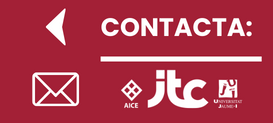
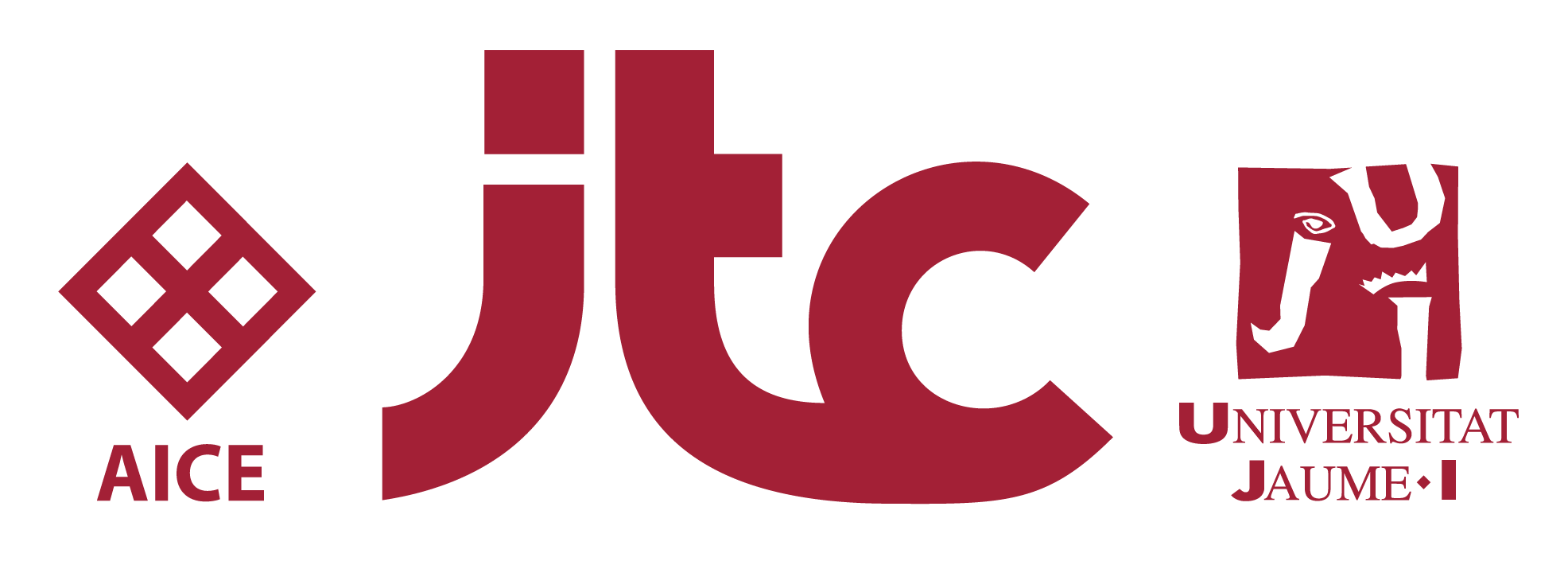




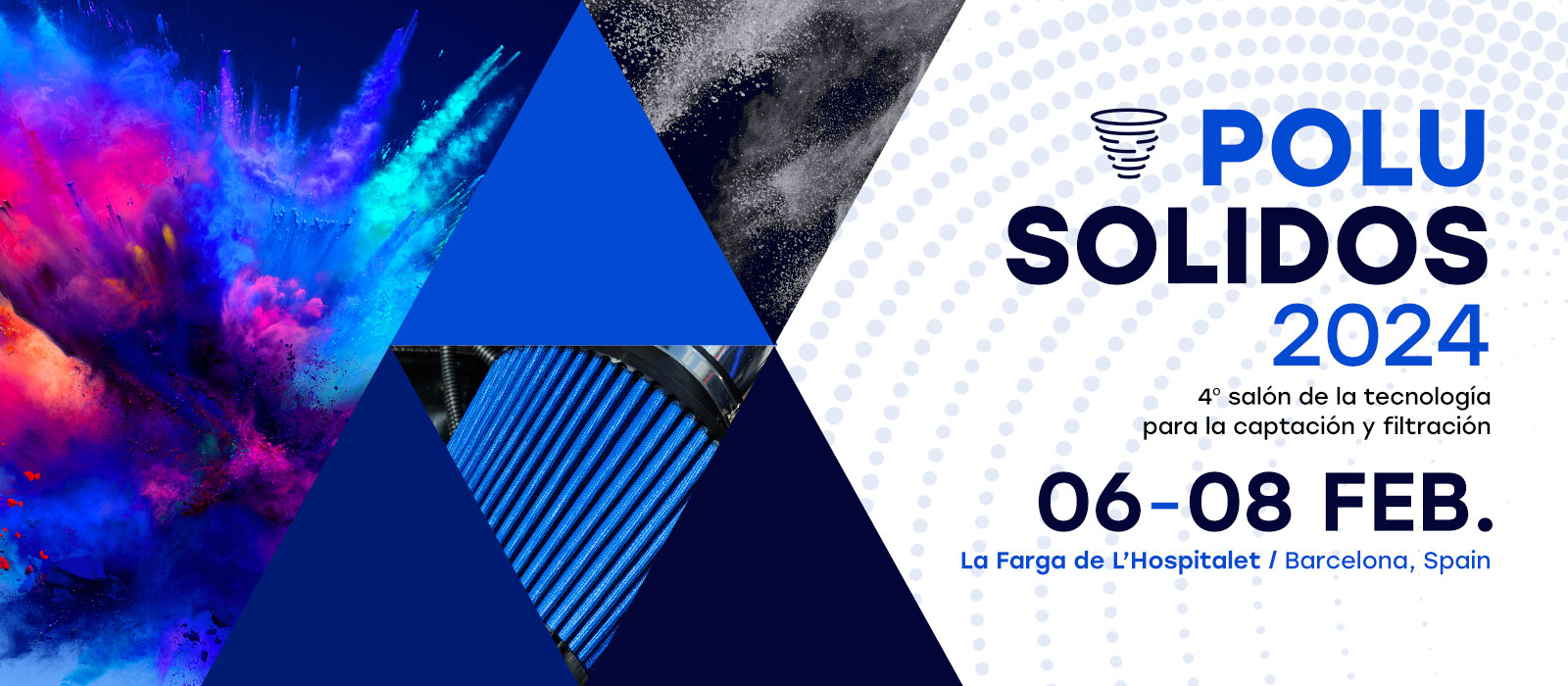
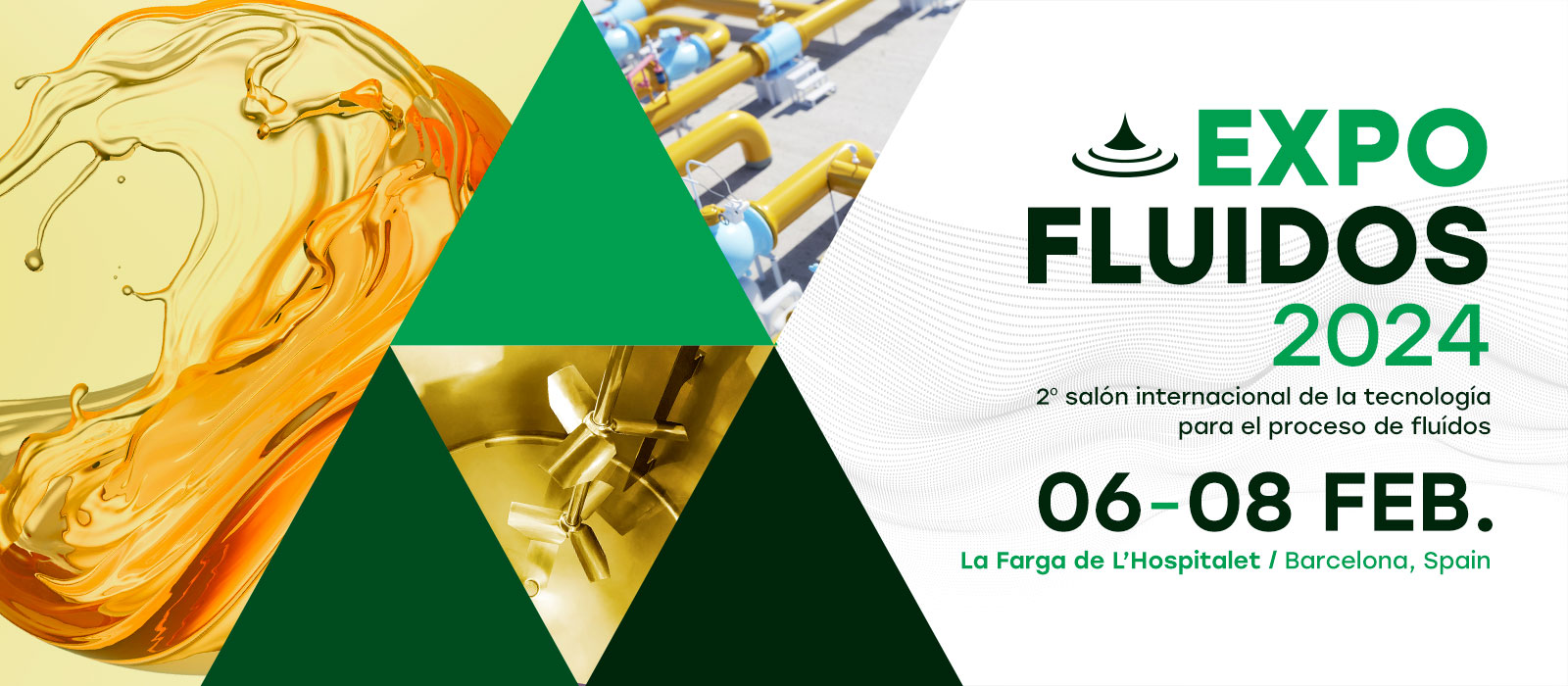
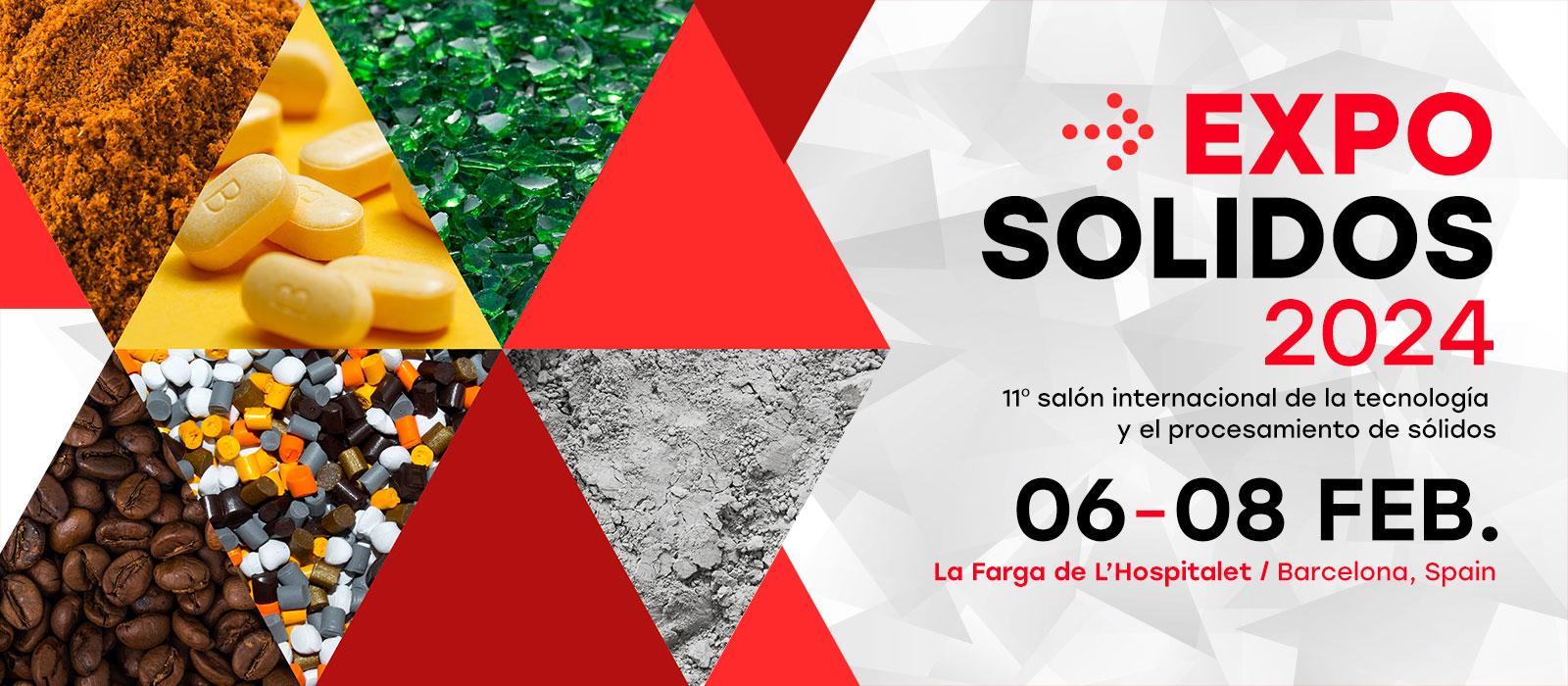

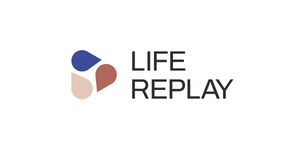




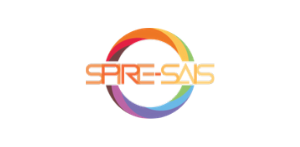
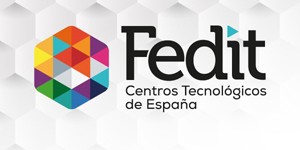
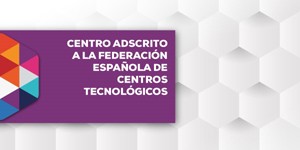
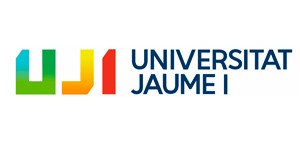
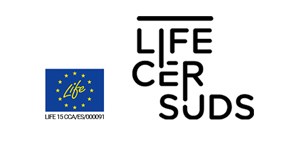

Social
El ITC ha venido materializando su compromiso de Responsabilidad Social Corporativa mediante una contribución activa y voluntaria a la mejora social, económica y ambiental en relación con su personal, empresas proveedoras, empresas cliente, alumnado, asociaciones empresariales, profesionales del sector cerámico, universidades y otros centros de investigación, sociedad, medios de comunicación, empresas del sector cerámico y todas aquellas personas con las que se relaciona por su actividad.
This commitment, driven and backed by ITC management, has been embodied since 2006 by the acquisition and implementation of a series of new management systems and tools that allow ITC to balance its economic, social, and environmental areas.
La razón de ser del ITC ha sido siempre la sostenibilidad, entendida ésta como la capacidad de detección de necesidades o problemáticas en las empresas cerámicas y la creación de mecanismos capaces de resolver o dar respuesta a las mismas, destacando su espíritu de cooperación con todos sus grupos de interés o skateholders.
El ITC orienta su compromiso social hacia la mejora de la calidad de vida laboral, la conciliación de la vida laboral y la personal, la promoción y el apoyo a la formación de su plantilla, la inserción profesional de colectivos menos favorecidos o discapacitados, la protección del entorno, una investigación eficiente y sostenible, y un marketing orientado al desarrollo de una comercialización responsable vinculada a la ética empresarial.